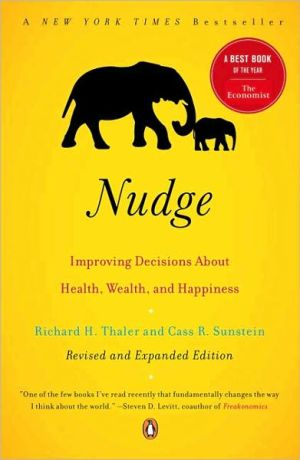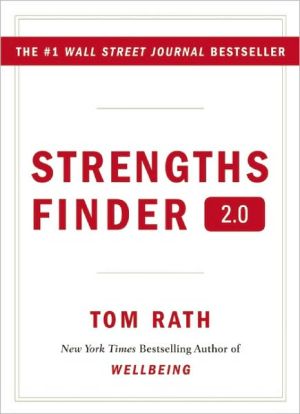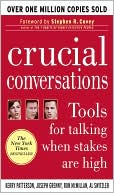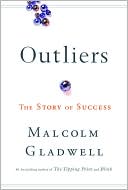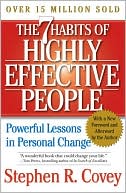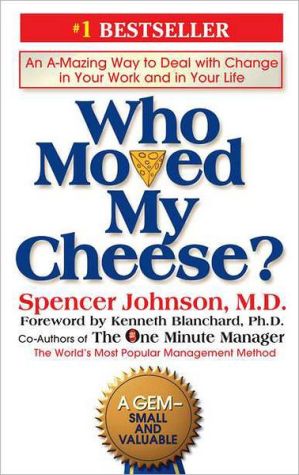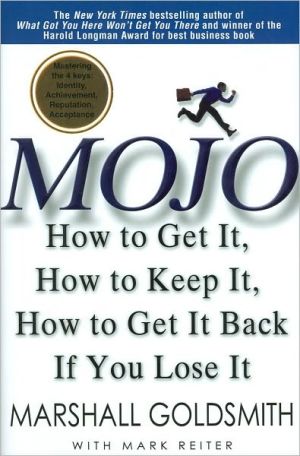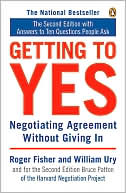Nudge: Improving Decisions about Health, Wealth, and Happiness
For fans of Malcolm Gladwell’s Blink and Nobel Prize winner Daniel Kahneman’s Thinking Fast and Slow, a revelatory new look at how we make decisions \ A New York Times bestsellerAn Economist Best Book of the YearA Financial Times Best Book of the Year\ Nudge is about choices—how we make them and how we can make better ones. Drawing on decades of research in the fields of behavioral science and economics, authors Richard H. Thaler and Cass R. Sunstein offer a new perspective on preventing the...
Search in google:
A groundbreaking discussion of how we can apply the new science of choice architecture to nudge people toward decisions that will improve their lives by making them healthier, wealthier, and more free The New York Times - Benjamin M. Friedman Yes, there is such a thing as common sense—and thank goodness for that. At least that's this reader's reaction to Richard Thaler and Cass Sunstein's Nudge, an engaging and insightful tour through the evidence that most human beings don't make decisions in the way often characterized (some would say caricatured) in elementary economics textbooks, along with a rich array of suggestions for enabling many of us to make better choices, both for ourselves and for society.
Common "Nudges"\ \ The design of menus gets you to eat (and spend) more. For example, lining up all prices on either side of the menu leads many consumers to simply pick the cheapest item. On the other hand, discretely listing prices at the end of food descriptions lets people read about the appetizing options first…; and then see prices.\ "Flies" in urinals improve, well, aim. When Amsterdam's Schiphol Airport was faced with the not uncommon issue of dirty urinals, they chose a unique solution: by painting "flies" in the (center of) commodes, men obligingly aimed at the insects, reducing spillage by 80 percent.\ Credit card minimum payments affect repayment schedules. Among those who only partially pay off credit card balances each month, the repayment level is correlated with the card's minimum payment — in other words, the lower the minimum payment, the longer it takes a consumer to pay off the card balance.\ Automatic savings programs increase savings rate. All over the country, companies are adopting the Save More Tomorrow program: firms offer employees who are not saving very much the option of joining a program in which their saving rates are automatically increased whenever they get a raise. This plan has more than tripled saving rates in some firms, and is now offered by thousands of employers.\ "Defaults" can improve rates of organ donation. In the United States, about one–third of citizens have signed organ donor cards. Compare this to Austria, where 99 percent of people are potential organ donors. One obvious difference? Americans must explicitly consent to become organ donors (by signing forms, for example) while Austrians must opt out if they do not want to be organ donors.\
Acknowledgments viiIntroduction IPart I Humans and Econs1 Biases and Blunders 172 Resisting Temptation 403 Following the Herd 534 When Do We Need a Nudge? 745 Choice Architecture 83Part II Money6 Save More Tomorrow 1057 Naïet;ve Investing 1208 Credit Markets 1349 Privatizing Social Security: Smorgasbord Style 147Part III Health10 Prescription Drugs: Part D for Daunting 16111 How to Increase Organ Donations 17712 Saving the Planet 185Part IV Freedom13 Improving School Choices 20114 Should Patients Be Forced to Buy Lottery Tickets? 20915 Privatizing Marriage 217Part V Extensions and Objections16 A Dozen Nudges 23117 Objections 23918 The Real Third Way 25519 Bonus Chapter: Twenty More Nudges 257Postscript: November 2008 269Notes 272Bibliography 281Index 303
\ Benjamin M. FriedmanYes, there is such a thing as common sense—and thank goodness for that. At least that's this reader's reaction to Richard Thaler and Cass Sunstein's Nudge, an engaging and insightful tour through the evidence that most human beings don't make decisions in the way often characterized (some would say caricatured) in elementary economics textbooks, along with a rich array of suggestions for enabling many of us to make better choices, both for ourselves and for society.\ —The New York Times\ \ \ \ \ Library JournalIn the first of these two books exploring human behavior and the choices we make, organizational expert Ori Brafman (coauthor, The Starfish and the Spider: The Unstoppable Power of Leaderless Organizations) and his psychologist brother, Rom, an organizational expert, discuss the various psychological forces (e.g., diagnosis bias and loss aversion) that cause people to act irrationally. To help illuminate their discussion, they draw on the latest research in social psychology, behavioral economics, and organizational behavior. In Nudge, Thaler (behavioral science & economics, Graduate Sch. of Business, Univ. of Chicago) and Sunstein (jurisprudence, Univ. of Chicago Law Sch.) consider how the science of choice can gently "nudge" individuals toward making life-improving decisions. They divide the text into five parts-"Humans and Econs," "Money," "Health," "Freedom," and "Extensions and Objections"-and employ numerous examples throughout. Easy to read, conversational in tone, and story-driven, Sway is suitable for public libraries. Nudge, a more research-based analysis full of practical solutions to real-life problems, is strongly recommended for public libraries.\ —Anita N. Jennings\ \ \ \ Time"Two University of Chicago professors sketch a new approach to public policy that takes into account the odd realities of human behavior, like the deep and unthinking tendency to conform. Even in areas—like energy consumption—where conformity is irrelevant. Thaler has documented the ways people act illogically."—Barbara Kiviat, Time\ — Barbara Kiviat\ \ \ \ \ \ The New York Times Magazine"A manifesto for using the recent behavioral research to help people, as well as government agencies, companies and charities, make better decisions."—David Leonhardt, The New York Times Magazine\ — David Leonhardt\ \ \ \ \ \ Boston Sunday Globe"Engaging, enlightening."—George Scialabba, Boston Sunday Globe\ — George Scialabba\ \ \ \ \ \ National Post"The suggestions in Nudge provide fascinating examples of how tiny changes in context can cue radically different behaviour. Awareness of these cues empowers consumers, voters and decision-makers."—Rebecca Walberg, National Post\ — Rebecca Walberg\ \ \ \ \ \ Boston Globe"An essential read . . . an entertaining book. . . . The book isn't only humorous, it's loaded with good ideas that financial-service executives, policy makers, Wall Street mavens, and all savers can use."—John F. Wasik, Boston Globe\ — John F. Wasik\ \ \
